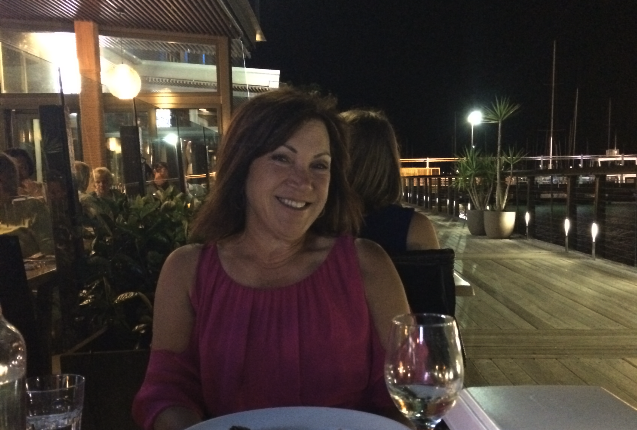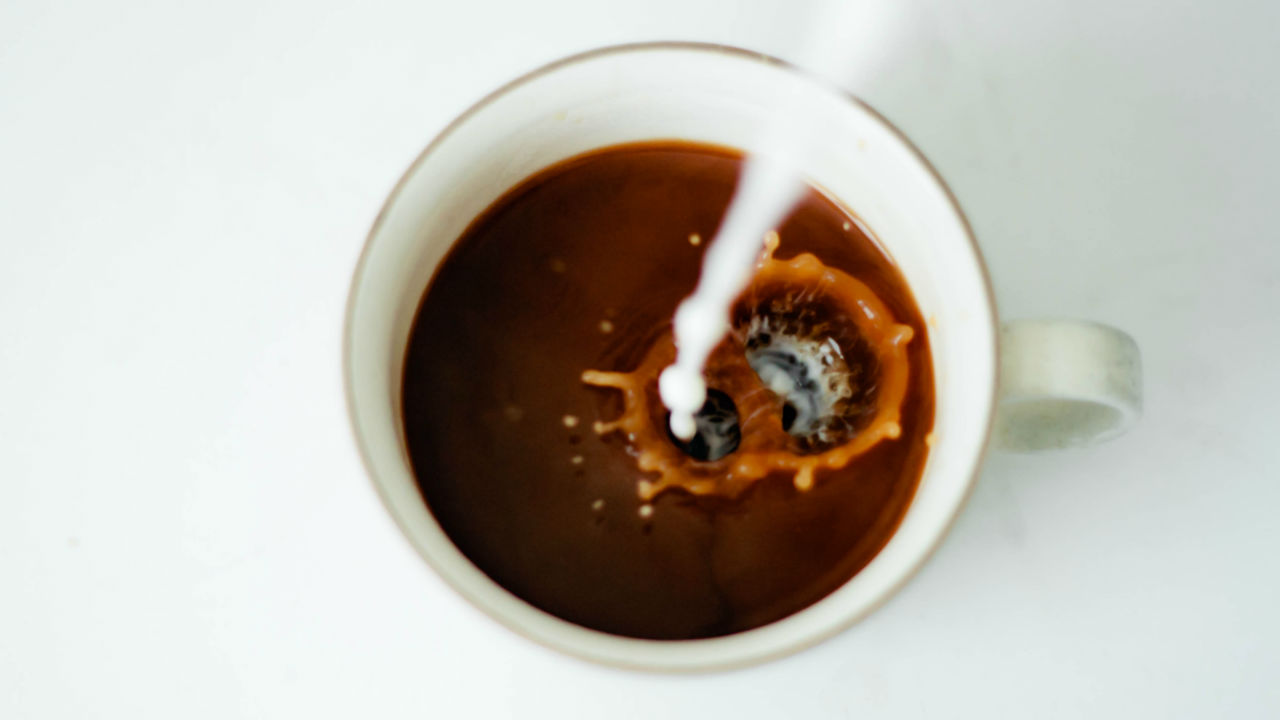 Photo Courtesy of Marlyn Glickman
Photo Courtesy of Marlyn Glickman
At age 50, Marlyn Glickman of Rockville, Maryland, had decided to challenge herself to do things she'd never done before, things she'd been afraid to do in the past. That was 16 years ago. But her feisty, can-do attitude and her determination to make the most of life were challenged unexpectedly two years later when she found a lump in her breast while in the shower.
She'd been enjoying good health up until that point. In fact, she thought at first that it might actually be a muscle because she'd been exercising so much.
Coincidentally, Marlyn already had a mammogram scheduled for three weeks later, and decided to wait till then to see about the lump.
She had a comprehensive mammogram, which differs from the usual mammogram in that the comprehensive results are read and shared with the patient right away. Marlyn’s doctor told her that cancer was suspected, and that she needed a sonogram.
“I thought I was ready for this,” Marlyn told me in an interview about when she got her diagnosis. “I knew my doctor was going to tell me I had cancer, but I couldn’t hear him. I saw his lips moving, but I couldn’t hear what he was saying.
Marlyn was also told that her self-exam helped in detecting her breast cancer. Breast self-exams may help women become more familiar with their breasts so they can more easily notice any changes and point them out to their doctor. However, women should not use self-exams as their only method of screening.
Marlyn hoped her lump was a cyst, but instead she learned that she had Stage 1 cancer, ductal carcinoma in situ. DCIS refers to abnormal cells within a breast's milk duct, and it's thought to be the earliest type of breast cancer, which has not spread outside of the milk duct.
Upon her diagnosis, Marlyn called her husband Michael.
She also began conversations around her health with a medical team early. Marlyn called a breast surgeon immediately and also received a recommendation from a friend who is an oncologist for another oncologist, Dr. Fred Smith. Smith evaluated her, and based on her medical history, planned how to treat the breast cancer.
Marlyn also has an autoimmune condition called scleroderma, a chronic disease that affects connective tissue and hardens skin.
Radiation treatment was contraindicated for her because she had scleroderma, but she did follow through with chemotherapy. It was not a strong cocktail and Marlyn didn't have any of the powerful side effects she expected, such as feeling nauseous or sick.
In addition to chemotherapy, Marlyn also had a lumpectomy, a surgical procedure that removes a lump from the breast. At the time she thought it was the most logical course, since it seemed to be the least invasive option that would still be effective. Nobody suggested that she might need more than that.
Marlyn later took tamoxifen to treat her breast cancer, which caused her to gain some unwanted weight and "to feel crappy.”
A few years prior to her diagnosis, when Marlyn was 45 years old, she had seen Dr. Pamela Peeke, M.D., because she wanted to remove 60 pounds of excess weight. With Peeke's help, she got in the habit of eating less, was more active, and practiced mindfulness throughout her day, and the weight came off.
Then a few years later, Marlyn said, “cancer came along and that became a speed bump."
However, her previous experience with Peeke helped her to avoid putting too much weight back on.
For four and a half years Marlyn was cancer-free, but then the cancer came back in the same breast as the first time.
She talked with her original medical team from before, all of whom said she should have a mastectomy.
During her first cancer treatment, Marlyn went on a 13,000-foot hike up a mountain with Peeke. Over time, she went on several other hikes with her doctor, including one across the Grand Canyon, from the North Rim to the South Rim. In August. In Arizona. I told you she was feisty.
Peeke told Marlyn that she should run a half marathon. "I don't run," she responded.
"Now you do," Peeke said.
Marlyn went on to run a number of half-marathons, a couple of Army Ten-Miler races, and an Iron Girl triathlon. She also played golf in the Senior Olympics for the 65-69 year old group.
"You can be a disease, or you can have a disease. And I decided to have it," Marlyn told me.
She refused to have anyone around who had a hangdog look. One of her medical practitioners had apologized for not having caught the cancer earlier. She told him to stop apologizing, that she didn't want to get weighed down by such things. Her goal was to simply forge ahead.
She encourages anyone dealing with physical challenges to "be proactive with your health." If you think something is wrong, pursue it, even if you meet resistance, go ahead anyway.
Marlyn put a lot of trust in her team of doctors and was motivated to begin early conversations with them around her breast cancer. She’d already scheduled a mammogram, before she found the lump through self-examination. And as soon as she could get in there, she was in her doctor’s office. She also called to make an appointment with a breast surgeon immediately upon diagnosis.
After Marlyn’s second diagnosis occurred, it mattered very much to her that her team of doctors was unanimous about what needed to be done. And it was essential to her that she got recommendations on what doctors to pursue.
Such a reliance on her medical team, coupled with her courage and determination, helped Marlyn through her breast cancer journey twice.
---
Mammograms are critical for finding breast cancers in localized and early stages. We hope this story will inspire you to get screened at a facility near you. To schedule a mammogram in your area, visit http://dignityhlth.org/mammography
Sources:
Phone interview with Marlyn Glickman. Oct. 15, 2015.
Ductal carcinoma in situ (DCIS)
http://www.mayoclinic.org/diseases-conditions/dcis/basics/definition/con-20031842





Add a CommentComments
There are no comments yet. Be the first one and get the conversation started!